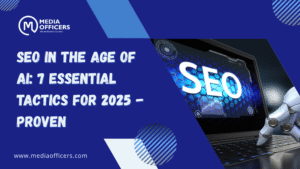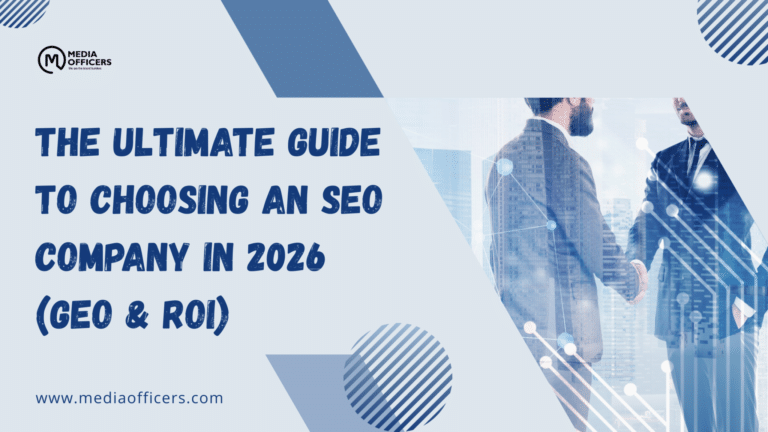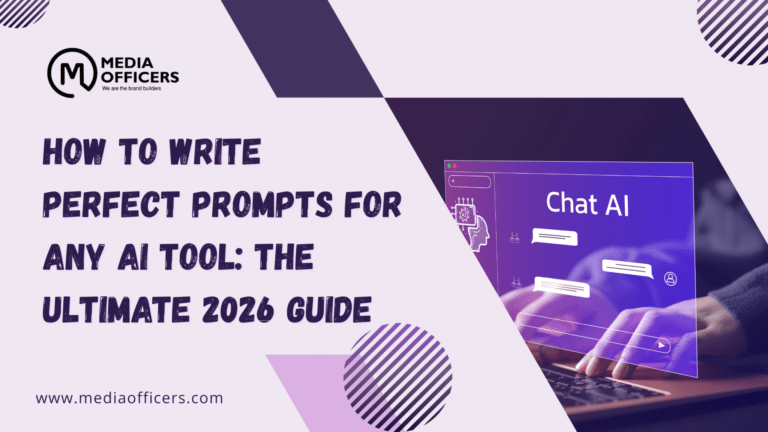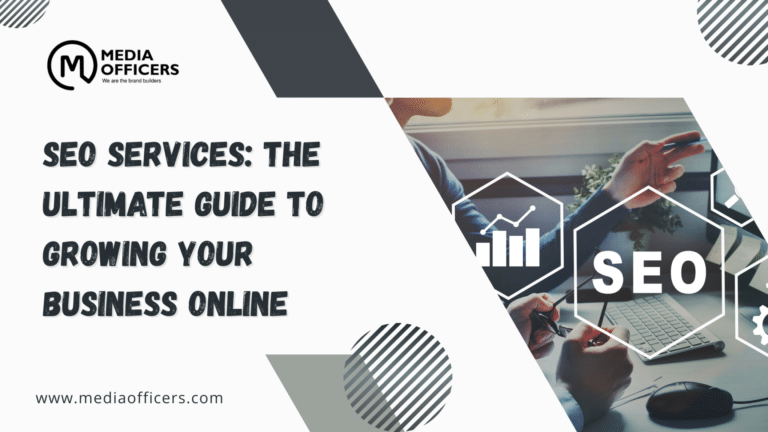SEO in the age of AI is not dead it’s the backbone of digital marketing in 2025. AI has moved from buzzword to business-critical tool, but the core discipline that fuels visibility remains search optimization. From the rise of AI-assisted queries to the enduring need for trustworthy content, SEO is evolving, not evaporating.
In this guide, we will explore how AI reshapes search, why traditional SEO still matters, and how to blend AI capabilities with fundamentals that drive real business outcomes. You will learn practical steps you can implement today to stay visible in both human and machine search environments.
Understanding the current AI landscape and why search still matters
AI has matured across search interfaces, but the goal remains the same: connect people with helpful answers. Search engines have blended machine learning with real-time signals to deliver results that reflect user intent and context. For marketers, this means the rules are evolving, not disappearing. The core idea that SEO in the age of AI should focus on clarity, relevance, and trust remains: answer intent, earn trust, and enable action.
One practical reality is AI training cutoffs. For example, the most recent public training run for models like ChatGPT sits around September 2024, which means fresh events require special handling. That is not a flaw in AI it emphasizes the need for human-guided SEO that keeps content fresh and accurate through live data and expert insight.
The role of search in AI systems
To render current answers, AI tools rely on retrieval augmented generation, or RAG, to pull fresh information from the web. When you ask a question, the model often searches, cross-checks, and weaves results into a coherent response. This is why SEO in the age of AI remains a critical input: strong search visibility helps AI pull the right references and surface your brand first.
Even with AI, the user journey still benefits from a search-based discovery path. The experience shifts from passive reading to dynamic synthesis where users leverage AI to summarize and compare, then verify with direct brand queries. In short, AI augments search, but it does not replace the need to optimize for humans.
The SEO fundamentals that endure in the AI era
Despite hype, the timeless basics still win. SEO in the age of AI thrives when you nail fundamentals that support both human readers and AI crawlers:
- Well-structured sites with clear navigation and logical hierarchies.
- Clear messaging and a compelling value proposition on every page.
- Trustworthy content built on evidence, citations, and expert authorship.
- Solid reputations and credible reviews from customers and partners.
- Smart user journeys that reduce friction and guide actions.
- Evidence-backed optimization with data-driven experimentation.
In practice, this means aligning on user intent first and then engineering content that is easily discoverable by both search engines and AI systems. SEO in the age of AI becomes a plan to teach machines how to understand your business, not a shortcut around it.
From panning for gold to smart synthesis
Traditional search often felt like panning for gold: you type a broad query like plumbers near me, skim a long list, and hope the top results are trustworthy. AI changes that by performing heavy lifting: it can filter, summarize, and compare options. Yet the initial discovery still often begins with search queries and brand checks a reminder that the SEO in the age of AI value chain starts with visibility in search engines.
In my own experience, AI suggestions helped surface reputable service providers, but users still verify by visiting brand sites and reading reviews. The path isn’t erased; it’s redefined. The core is to ensure your site provides unambiguous signals about expertise, authority, and reliability, so that AI and humans alike can confidently point to you.
Step-by-step SEO strategy you can execute
Follow this actionable framework to implement SEO in the age of AI without losing sight of core marketing goals.
- Analyze Search Intent & Keywords
- Identify a clear primary keyword: SEO in the age of AI (focus keyword).
- Gather 3-4 related keywords and semantic variations (LSIs) such as AI and SEO, search intent, retrieval augmented generation, RAG, and AI in search.
- Craft Core SEO Elements
- SEO title: SEO in the Age of AI: 7 Essential Tactics for 2025 – Proven.
- Meta description: a concise 150-160 character summary that includes SEO in the age of AI and a CTA.
- Headers and internal links that reinforce the focus keyword and related terms.
- Build Content that Serves Humans and AI
- Answer the most common questions in structured, skimmable formats (bullets, tables, FAQs).
- Incorporate RAG-friendly data sources and updated references where possible.
These steps form the backbone of an SEO in the age of AI program that scales with your business needs and adapts to evolving AI capabilities.
How to optimize for AI while keeping humans in mind
AI is a super-powered autocomplete. Your job is to ensure the autocomplete returns your brand as a trustworthy and relevant answer. That means optimize for human readers first, and let AI benefit from well-structured information that mirrors real-world behavior. In practice:
- Use concise, informative titles and meta descriptions that reflect user intent.
- Structure content with clear headlines and scannable paragraphs.
- Provide concrete data, examples, and citations to back claims.
- Improve accessibility with alt text, transcripts, and keyboard navigation.
Practical tactics you can implement today
Direct, actionable steps help ensure quick wins and long-term resilience. Start with these:
- Audit existing pages for primary questions and update with fresh data.
- Publish pillar content that covers core topics and supports topic clusters.
- Update old content with current statistics and credible sources to support SEO in the age of AI.
- Implement structured data and schema for better indexing and AI comprehension.
- Optimize for featured snippets by answering Q&As succinctly and using bullet lists.
- Encourage credible reviews and integrate reputation signals into content strategy.
Measuring success in the AI era
Success in the AI era isn’t measured by traffic alone. It’s about meaningful engagement, conversions, and trusted visibility. Track:
- Organic traffic and ranking trajectory for the focus keyword and LSIs.
- Time on page, bounce rate, and pages per session for quality signals.
- Conversions and revenue influenced by search visibility.
- AI-assisted performance metrics such as citation quality and answer accuracy.
Frequently Asked Questions
What is SEO in the age of AI and why does it matter?
It is the practice of optimizing content so it can be found and trusted by humans and AI alike, ensuring your brand surfaces for relevant queries and current information. It matters because AI systems rely on good, discoverable signals to surface credible answers.
How does retrieval augmented generation affect SEO?
RAG combines real-time web data with model reasoning, so search visibility and high-quality content play a central role in guiding AI responses. Strong SEO helps AI pull authoritative references from your site.
Should I focus on AI tools or traditional SEO strategies?
You should do both. AI tools amplify your SEO investments, but fundamentals like user intent, trust, and accessibility remain essential for long-term growth.
How long does it take to see results with AI-assisted SEO?
Timelines vary, but a disciplined program typically yields measurable improvements within 3-6 months as content and technical foundations mature.
Conclusion
In the end, the best path through the AI era is a reinforced commitment to SEO in the age of AI. AI is a powerful accelerator, but it cannot replace the clarity, trust, and user-centric focus that define effective search optimization. Build for humans, structure your data for machines, and let AI amplify what you know to be true about your audience. Stay rigorous, stay curious, and stay visible.




